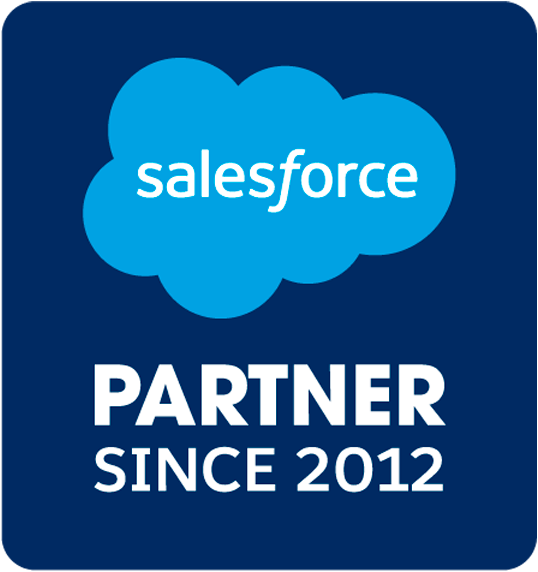If you’re new to Salesforce, you might also be new to the idea of integrations. To get you caught up, an integration is the act of linking Salesforce to another program to add new functionality or connect data sources. There are a number of different kinds of integrations, and they vary widely in cost and complexity.
But what are some of the top integrations — the most useful and most used? That depends on what kind of business you have. We thought it would be beneficial to cover some essentials, going industry by industry.
First up: Manufacturing.
Salesforce Integration #1: Enterprise Resource Planning
If you’re in manufacturing, I’d wager you are pretty familiar with ERP systems. More than likely, you’re using one to track resources, orders and production capacity. So we’ll cut straight to the benefits of a CRM/ERP integration:
- Automated master records: The minute a Salesforce lead converts to a customer, their profile will appear in your ERP. Depending on how many new customers your company acquires per day/week/month, this could save an enormous amount of time in manual data transfer.
- Product/price updates: Provide your sales team with real-time changes concerning the goods you manufacture. This will allow them to convey accurate and up-to-date information to customers and potential customers.
- Field service: If a field service representative needs to investigate a product issue, they’ll be able to access information about available repair parts via a customer’s Salesforce record.
These are just a few of the many potential touchpoints in a Salesforce-ERP integration, but hopefully they help convey the scope of what’s possible.
Salesforce Integration #2: Inventory Management
If you’re using a separate platform to track inventory, you can integrate that with Salesforce, as well. That means your sales team can sell based on actual product availability. No more guesswork or — even worse — promising something that’s out of stock or oversold.
On the production end, easy access to customer data will help your warehouse team better prepare for current and upcoming demand.
And if you use your ERP platform to track inventory, that’s another touchpoint that can be easily integrated.
Salesforce Integration #3: Accounting
A Salesforce integration with your accounting software also has the potential to greatly benefit your sales team. When a salesperson reaches out to an existing customer via Salesforce, they’ll have instant access to that account’s financial history — including all orders and payments — without having to log into another system.
Of course, these are just a few possible integrations that could benefit a manufacturing company. If you’re curious to know more about Salesforce integrations, make sure to save your spot for our upcoming webinar: “How to Handle Your Next Salesforce Integration Like an Expert.”



